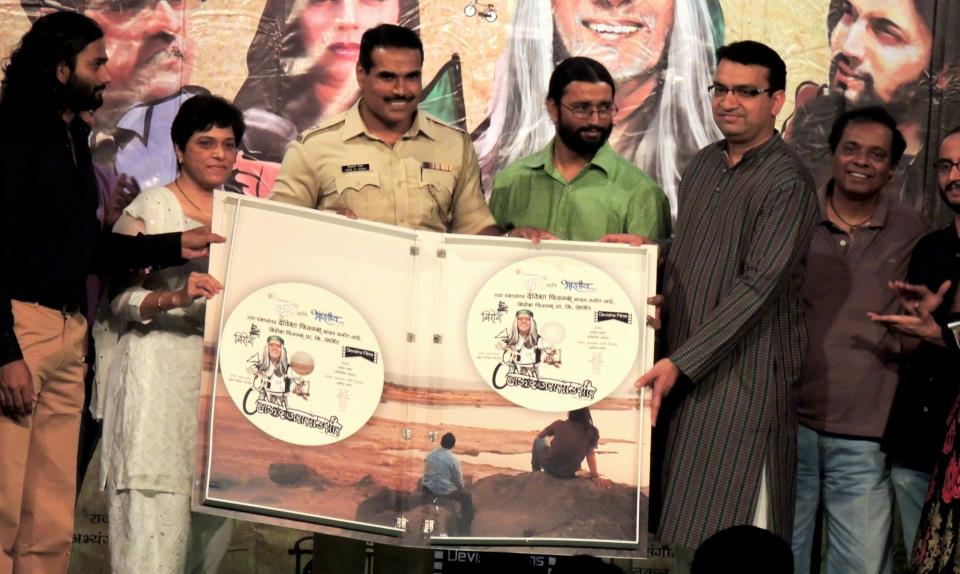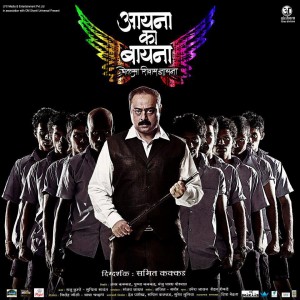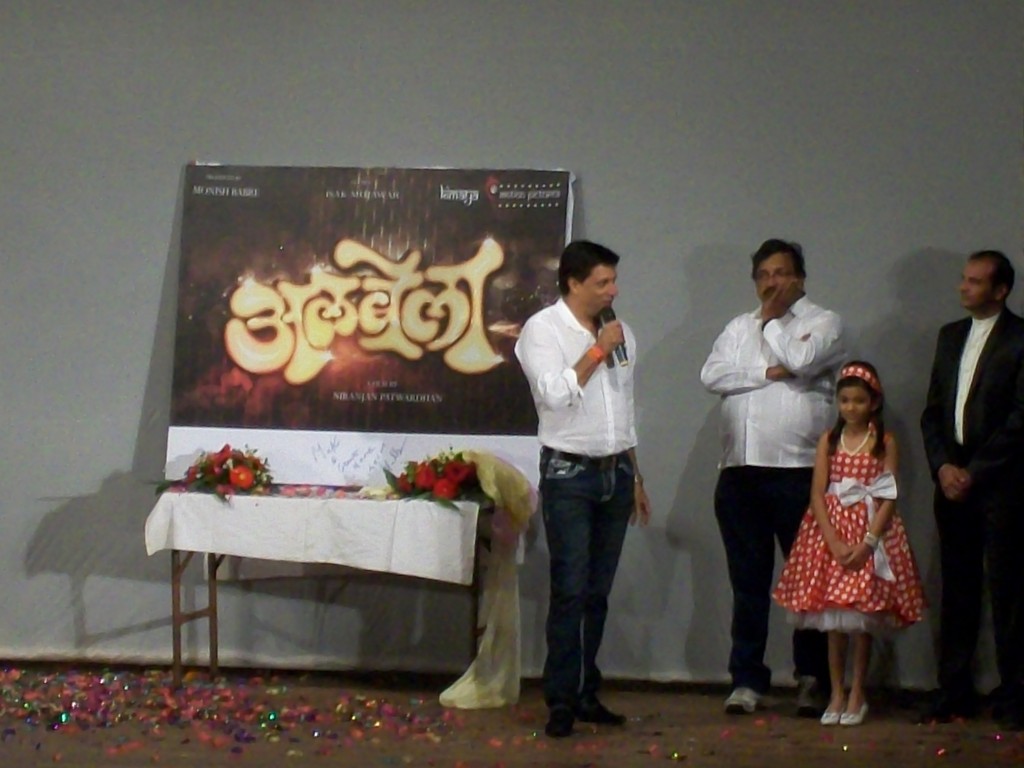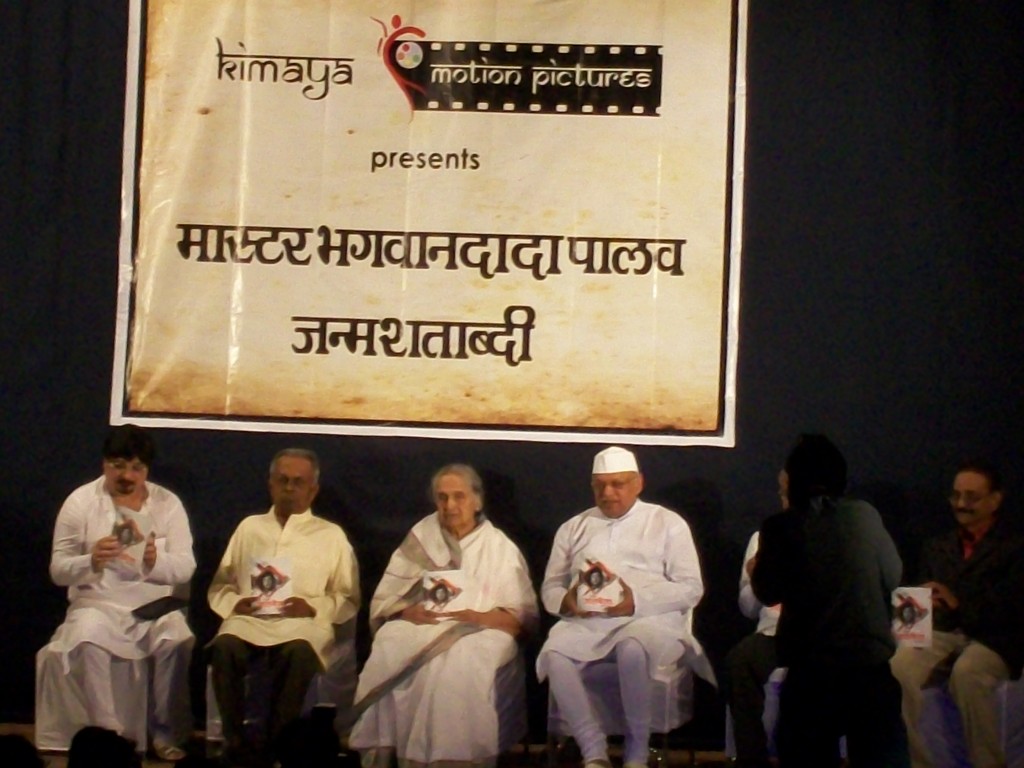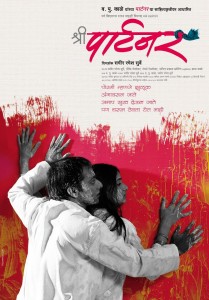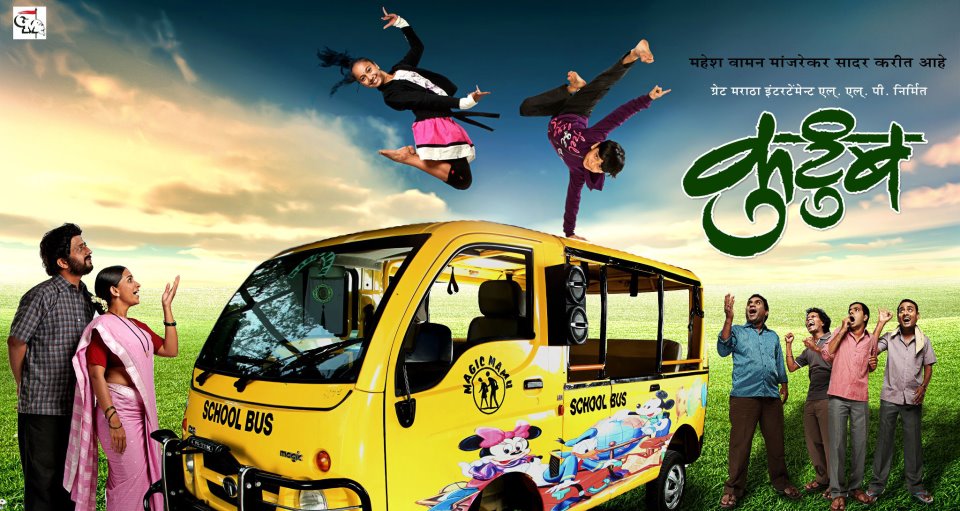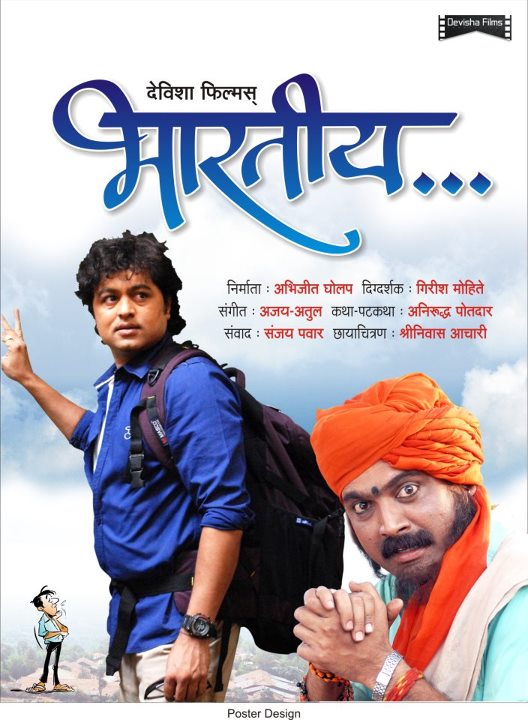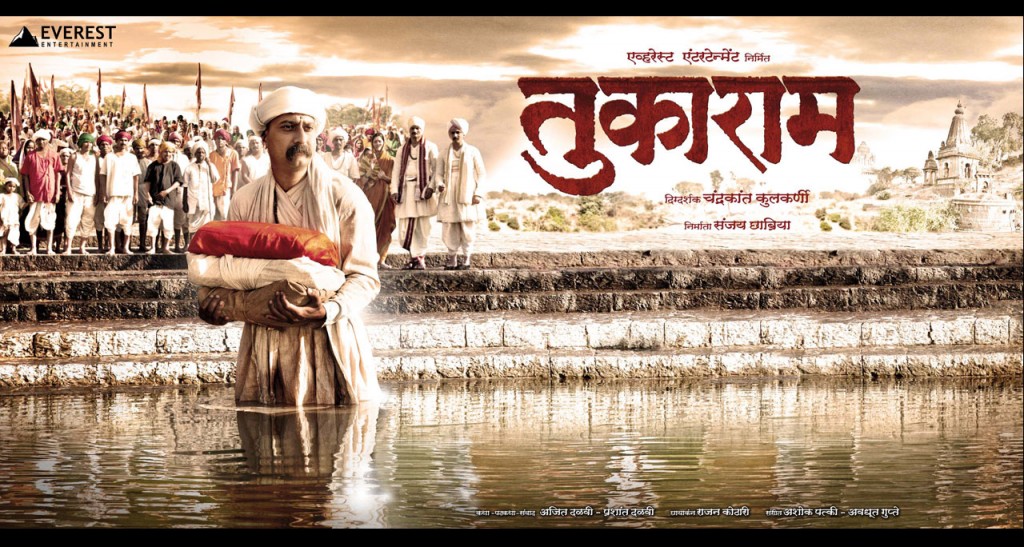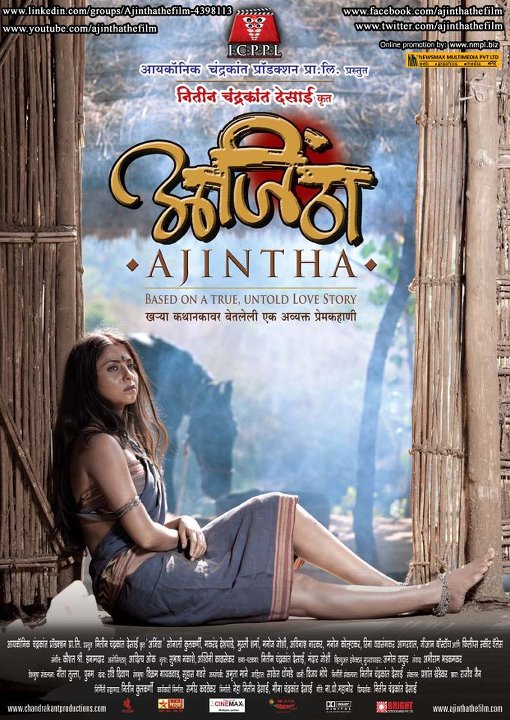Producer Tahir Maner of Biroba Films was once leading a stable career as a mechanical engineer. But a successful professional life and inner satisfaction don’t always go hand in hand. In such a situation, a person is inclined to follow his heart. That is exactly what Tahir did and entered the film production arena with the Marathi film Hou De Jarasa Ushir. The movie has already made heads turn after being selected in the top 282 films for the race towards the most prestigious Oscar Award.
Apart from getting candid about the movie, the producer shares his thoughts on the survival of new production houses in an exclusive chat with Halti Chitre.
(For more news, reviews and previews of Marathi movies, click HERE) (To join us on Facebook, click HERE)
What is your movie Hou De Jarasa Ushir about?
You might remember the lemon and spoon race which we used to play during our childhood. In that race, one needs to come first but at the same time make sure the lemon doesn’t fall. What we are saying through the movie is that if the lemon falls from your spoon, there is no point in coming first. This is the theme of Hou De Jarasa Ushir. The lemon indicates your family life, as in how much time you are giving to your close ones, and your health. So we have tried to describe this in our title which says that it is okay if there is a delay but you shouldn’t lose the lemon.
How did you decide the cast? Did you deliberately didn’t pick big stars?
We had auditions for the cast. Of course, for the role of Fakir we had few people in mind. When we narrated the role to Sadashiv (Amrapurkar) sir, he was very much interested. To have such a senior artist in our film is an honor for newcomers like us. For the rest of the cast, it wasn’t pre-decided to have newcomers. Things just happened eventually.
Your film is selected in the top 282 films in the Oscars.
It is still like a dream for us. This is our first feature film. I joined the industry just in early 2010. So when your first project is selected in the top 282 films in Oscars, you can imagine what I must be feeling considering there are people who spend a lot of time of their live to achieve this.
You are a mechanical engineer. How did you land up in filmmaking?
This question is very common for me (laughs). When I was in Mumbai earlier, I used to work in the field of mechanical engineering. I was happy with the job but not with the lifestyle. I had to work for ten hours and spend almost four hours travelling. Obviously, it wasn’t satisfying for me. I thought there are various other things I could do. I was always interested in writing but I wasn’t able to do that because of my job. Hence, I thought I should take out some time for myself.
At the same time, Wasim (Maner, director) had started his production house in 2005. I was also working with him side by side. So I left my job and moved to my hometown in Phaltan, where one could get lots of time to write. In this way, I became involved with the production house. Later on, we started building our team for Hou De Jarasa Ushir. I started writing screenplay with Wasim and we started shooting in late 2010.
Tell us about your association with Devisha Films, who is distributing the movie.
I personally feel such associations should happen in Marathi film industry frequently. Devisha Films is a big name while we are newcomers. If we have someone like them as our associates, their experience and expertise will help our movie gain better collections. I personally feel it is about co-operation and not competition. Such associations will help Marathi film industry survive. This would ensure that we would go on making more films.
You are aware that only three to five films attain success every year. Due to this, a lot of first timers are not seen again because of the losses incurred! Recently, I read that 95% of Marathi industry is surviving because of first time producers, which means they are nowhere to be seen after their first film. In Bollywood, there are hardly ten big production houses but they have a large share in the profits of the industry. Such a thing should happen in Marathi industry as well but right now we don’t have more than three big production houses.
Do you agree that internet is becoming an important tool in promoting Marathi films?
It is becoming. Internet has entered our society very deeply! These days, everybody is on Facebook. If a person is interested in Marathi films, he will check about the upcoming movies. Even we are getting a very good response from our Facebook page.
You are releasing your film alongside the much awaited Pune 52. Don’t you think this can be a disadvantage for both films?
Yes, it can be. Right now, talks are going on between both the films to see if there can be a way out. We had decided to release our film on January 18, 2013 at the start of November while the makers of Pune 52 had scheduled their films release on December 12, 2012. Even we don’t want to divert Marathi audience as that will affect both the films. Let’s see what happens. Hope for the best.
What are your forthcoming projects?
We are planning two-three films including an action comedy and a thriller. We are also planning a Hindi movie but first of all we are looking for a good cast and a tie-up with a good production house. Just like the title of our film Hou De Jarasa Ushir, we are not in a hurry. It is not that we would make only Marathi or Hindi movies. It will depend according to the demands of a particular story.


